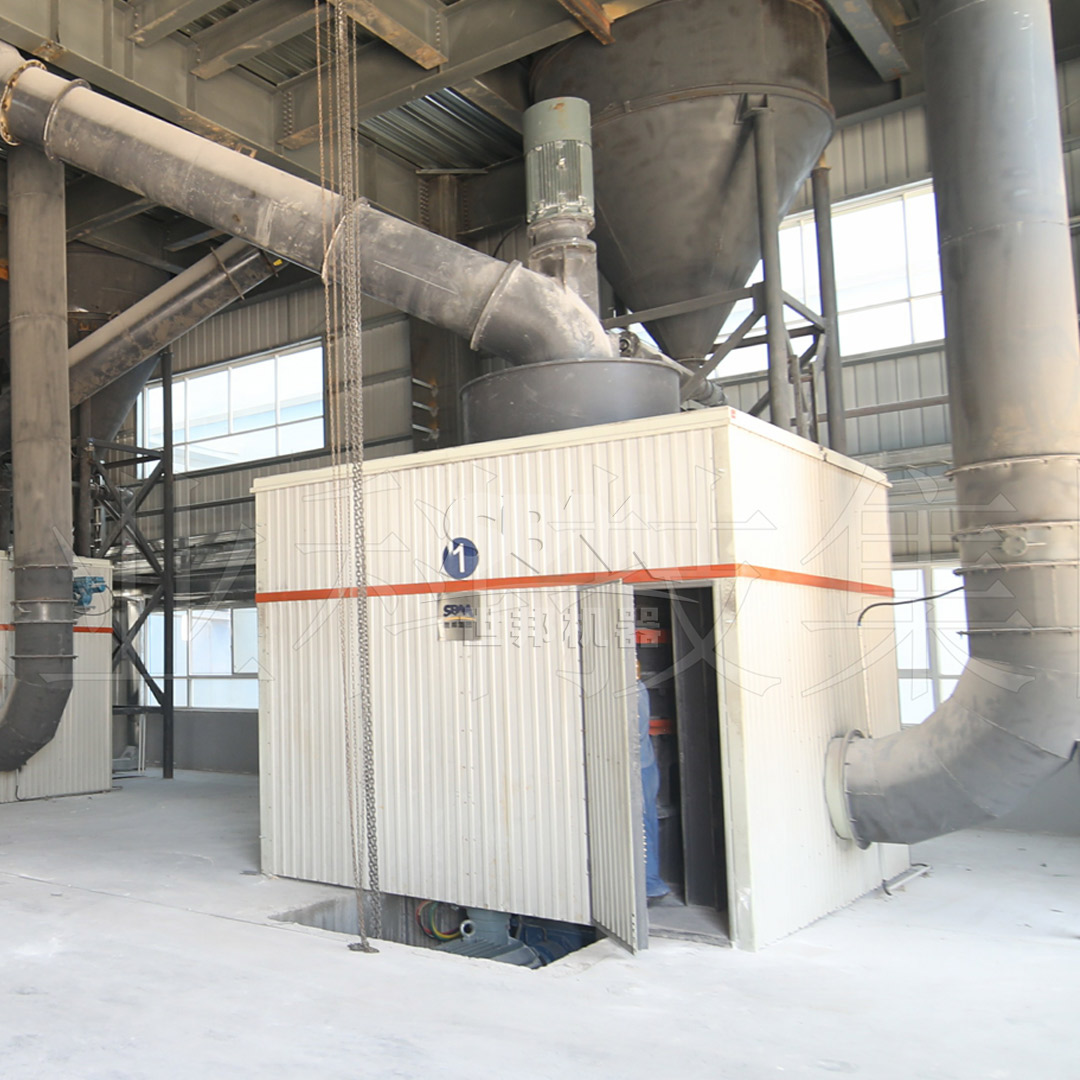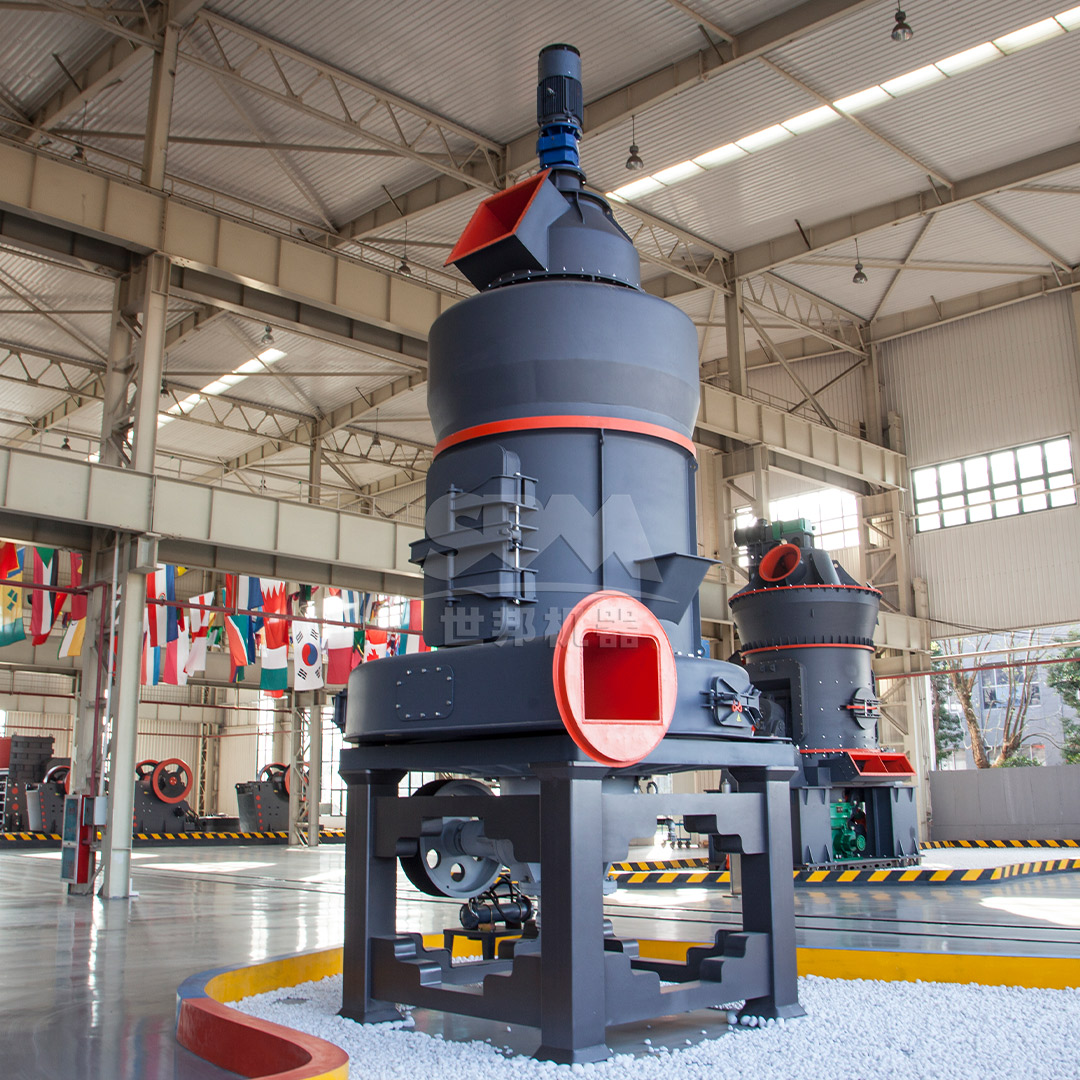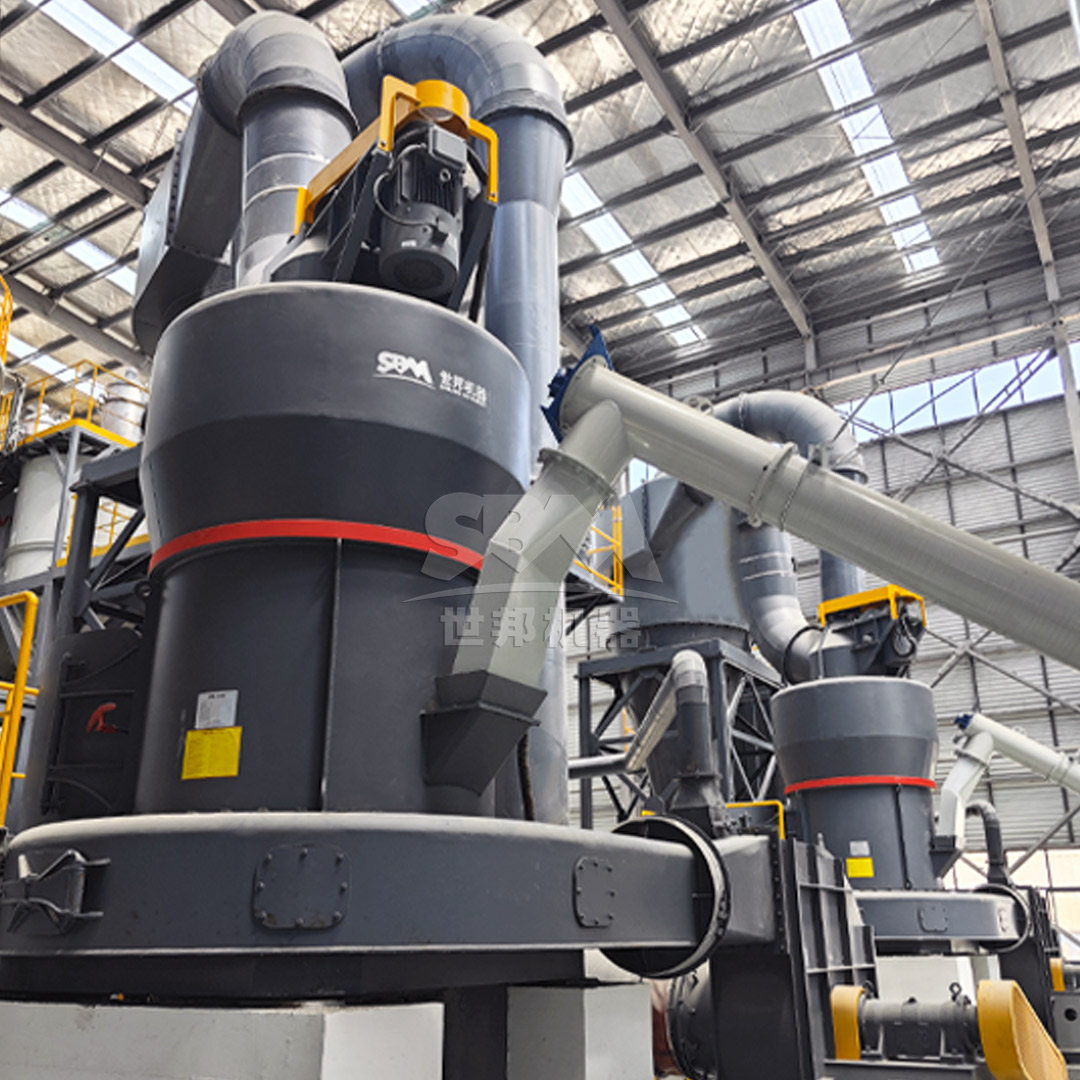Gypsum milling is a critical process in plasterboard production, where consistent particle size and quality directly impact product performance. However, operators frequently encounter technical challenges that affect efficiency and output. This article analyzes 5 prevalent gypsum mill issues with targeted solutions, while introducing advanced equipment to optimize your production line.
| Problem | Frequency | Production Loss |
|---|---|---|
| Uneven particle size | High | 15-25% |
| Excessive vibration | Medium | 8-12% |
| Overheating bearings | Low | 5-8% |

Our SCM Ultrafine Mill features a vertical turbine classifier with precision adjustment capabilities (±50μm). The patented design maintains D97≤5μm consistency even with 15% feed size variation. For plasterboard production requiring 45-150μm powder, the MTW Series Trapezium Mill provides superior stability with its:

| Vibration Velocity | Action Required |
|---|---|
| <4.5 mm/s | Normal operation |
| 4.5-7.1 mm/s | Schedule inspection |
| >7.1 mm/s | Immediate shutdown |
The SCM series incorporates vibration sensors with automatic load balancing, reducing amplitude by 60% compared to conventional mills. Key features include:
Traditional gypsum mills consume 35-42 kWh/ton. Our MTW Series achieves 22-28 kWh/ton through:

Selecting appropriate milling technology is crucial for plasterboard quality control. For ultra-fine applications (D97≤5μm), the SCM Ultrafine Mill provides unmatched precision, while the MTW Trapezium Mill excels in 45-325μm range with superior energy efficiency. Both solutions integrate smart monitoring systems to prevent common operational issues.